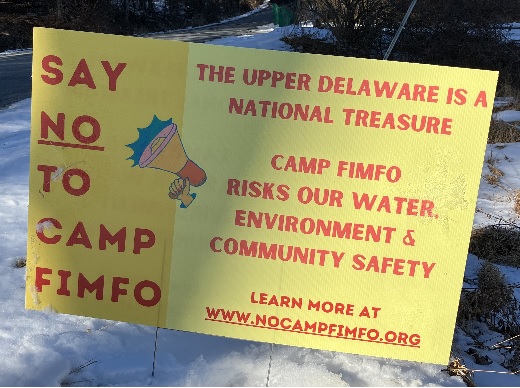Another City in CO Considers a Fracking Ban
April 17, 2014Concerned Health Professionals of NY Comment on the NYS Energy Plan
April 25, 2014By TU Editorial Board, timesunion.com, April 18, 2014
Eighteen months after the New York State Health Department began studying the health impacts of high-volume hydrofracking, there is still no indication when the final report on the controversial drilling process might be released.
Now, with the news State Health Commissioner Dr. Nirav Shah is leaving in a few weeks to take a position with a private foundation’s health plan in California, the state’s health assessment may take even longer.
Let it take as long as it needs to get it right.
We’ve heard the complaints that Dr. Shah has dragged his feet on this assessment, which will weigh heavily in the state’s decision whether to permit natural gas drilling using this controversial method. The process uses large volumes of pressurized water and chemicals to fracture underground rock to release and recover natural gas and oil. Thousands of such wells have been drilled in Ohio, Pennsylvania and West Virginia to mine the gas-rich Marcellus Shale, a rock formation that stretches into New York.
When Gov. Andrew Cuomo asked Dr. Shah to head the study in 2012, many environmentalists said the state should instead use outside experts. The governor has also been criticized for letting the probe be open-ended. In response, Mr. Cuomo said,“My timeline is whatever Commissioner Shah needs to do it right and feel comfortable.” He vowed no undue pressure on Dr. Shah or Department of Environmental Conservation Commissioner Joe Martens as their reviews went forward.
Perhaps it serves the governor’s political agenda to delay the controversial fracking decision until after the November election. But there’s a more important factor in play: the study’s pace is letting experts do their jobs.
The assessment deserves great caution, because it seems as if every few weeks we learn of another negative impact of fracking.
This week, the Hearst Newspapers Washington Bureau reported on findings by Purdue and Cornell universities of higher-than-expected levels of methane, a potent greenhouse gas, in the atmosphere above heavily drilled areas of Pennsylvania. And last week, The Associated Press reported that geologists in Ohio linked small earthquakes in a geologic formation deep under the Appalachians near Youngstown directly to the heavy use of hydraulic fracturing.
Meanwhile, scientists continue to look at issues of groundwater contamination, and recent studies in states where fracking is prevalent have found an array of adverse health symptoms that appear to be linked to natural gas drilling activities.
Although the recent bone-chilling winter caused natural gas prices to spike, along with most other energy sources, the price of gas has generally remained fairly stable. There is no urgency to hurry a crucial study.
Public health is the paramount concern in the question of whether to allow fracking. Whoever replaces Dr. Shah should take as much time as needed to fully assess fracking’s safety.



